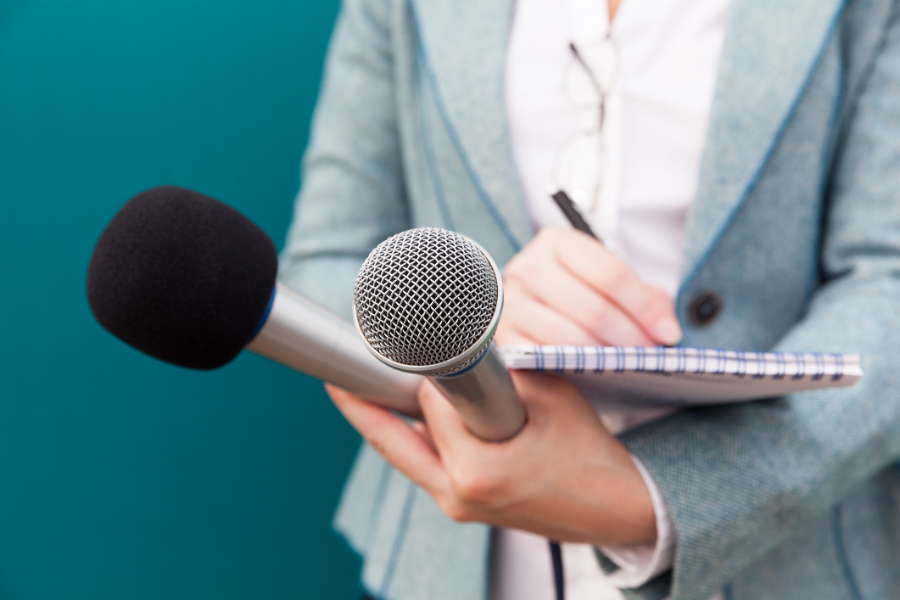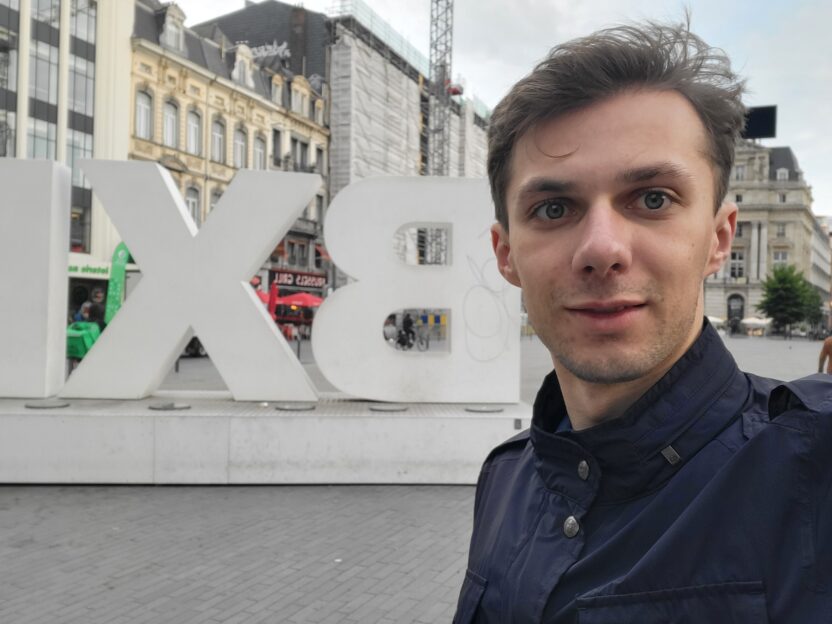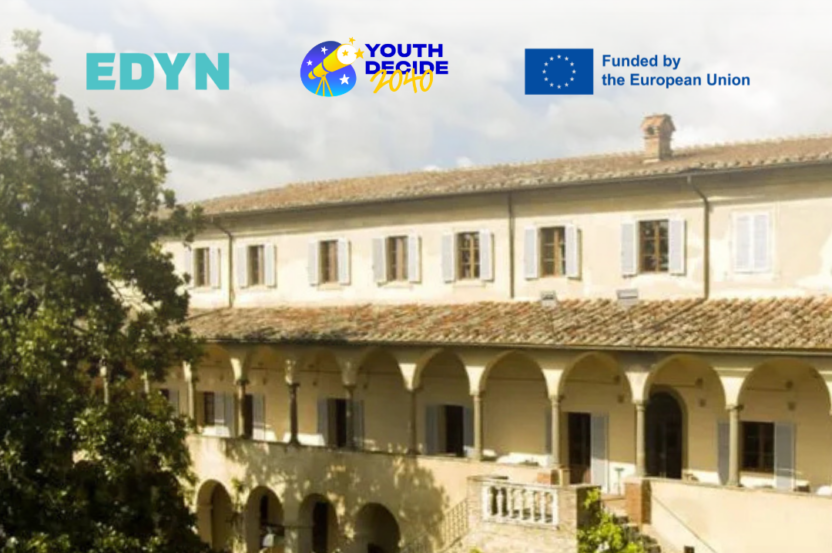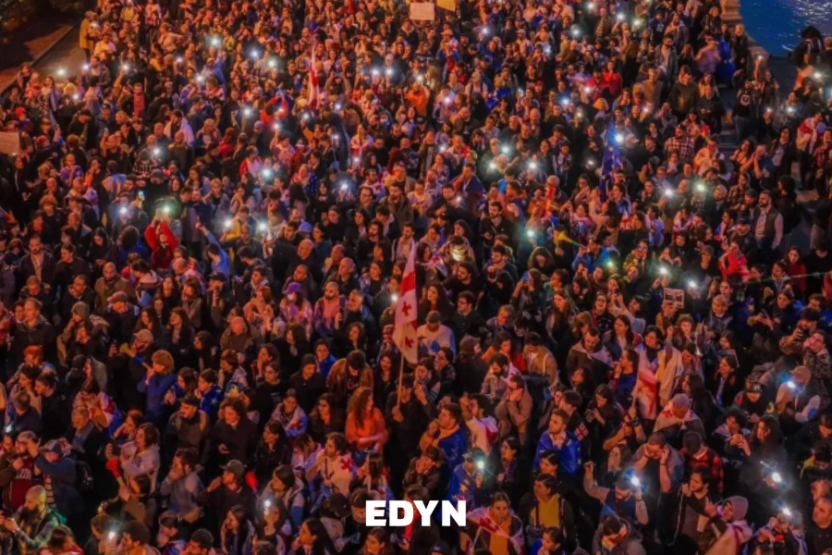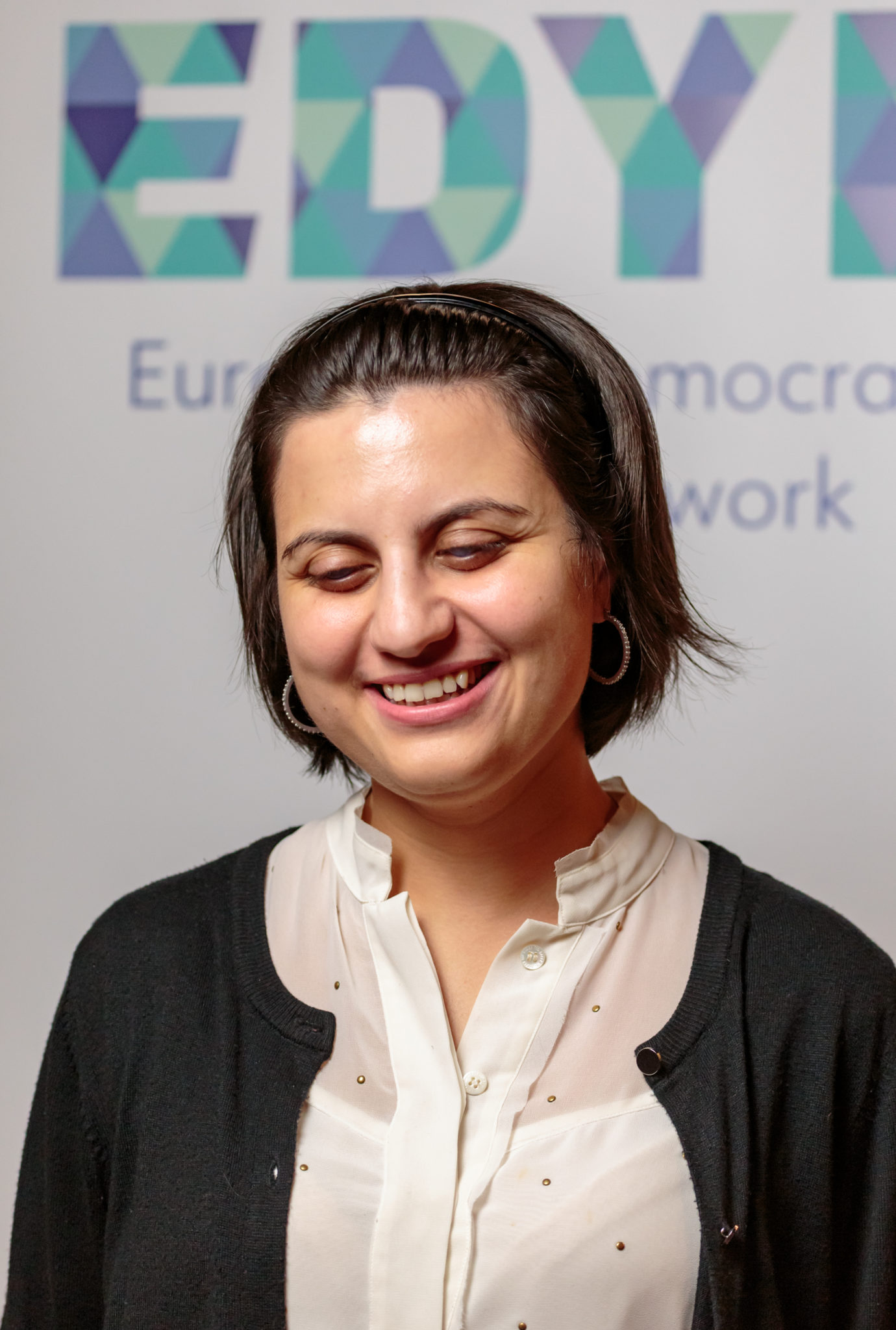Most of us working for social change need outreach. Of course, social media is at our disposal but helps us to spread our message within a bubble.
In Georgia, for instance, still, 96% of the population watches TV. Therefore to really make ourselves heard beyond the usual suspects, we still need access to the traditional media. However many young activists find it very difficult to access traditional media. In Georgia, people consider me very successful and even rich just because I sometimes am seen on national TV channels. People think, that I either pay to appear on traditional media or am getting paid for giving the interviews. Both of the above are just misconceptions! To get paid for an interview you have to be really famous. Besides this practice exists more westward in the world and I have not heard of any Georgian respondent being paid in this country. And, on the other hand, you can get on the screen, in the articles, and on the radio without paying for an advertisement. In this blog, I will share a few ways I kept myself relevant for journalists hoping this experience might be useful for some of you.
1. Upon my return from the U.S. 10 years ago I had a lot of things to say. So I asked someone I knew to connect me with the journalists. She gave me the e-mail of 1, who lead a show on disability issues. However then she did not respond to my e-mail (I became her respondent multiple times, but later in life). Not all doors will open immediately.
2. Upon creating an FB account, as I fell into a habit of posting about social issues, I needed an audience. So I would just go through the “People you may know” section and friend anyone, who had said, he/she worked for a media. Though I do not even remember the names of many of them, some started getting in touch for interviews and comments later on. Of course, by the time, they would contact me, most of them had already heard about me from elsewhere as well, not only from FB, but at least they did not have to be searching for my phone and could directly write. I try to get to know journalists at different events, trainings, where we are together, and try to keep in touch.
3. When reached out by a journalist or a documentary director, I am very accommodating: try my best to make myself available, and dedicate time and patience, even if notified just a few hours before the interview; being helpful in finding a good space for video shooting. If I do not consider myself competent in a given topic, I connect them with someone, whom I consider more qualified; If out of town or abroad offer to interview via video never ignoring any of their propositions, trying to be helpful and useful for them, so that they could become helpful for me.
4. When contacted by a journalist I write down their contact info, and friend them on FB not to lose the connection. Wish them happy birthdays, and new years, and engage with their posts not to be forgotten. If you do not use it, you lose it. So I often connect the journalists with other activists, who ask me to help. I have become sort of a “go-to” person for both journalists and activists, when it comes to disability, women’s rights, youth inclusion, and a few other topics.
5. Once an issue I need to speak out about arises, I tag the relevant media channels including the TV stations and journalists, whom I have worked with or whom I simply have on FB. I may call or write them in person as well. Remind my existence and ask for help. Often they also are looking for themes, for instance social, disability-related issues, which come in handy. I follow up after the interview or an article is published to ask for a link to share, also thanking them for amplifying my voice.
6. When I had funding to pay for a press conference, I did so but asked the organizing agency to do it for free next time, when I would not have the money.
7. According to Georgian law, every TV channel including private ones, is obligated to publish social advertising videos for free. These videos have to be of high quality, 40 seconds or shorter; Should not depict any commercial or political symbol, and have to be of a completely non-profit nature. As I know this, I keep telling about it every single online project or NGO that wants to film me for a short clip to be circulated via social media. Those able to comply with the above-mentioned video requirements are able to expand their reach above and beyond through national or regional TV channels. So go ahead and find out, if similar opportunities and regulations exist in your countries.
8. Media needs easy-to-find, at least more-less prominent respondents. The more short documentaries, profile videos, and written stories appeared about me on the internet, the more active I became on FB, and the more I was reached by different media outlets, asked for an interview, or participate in an on-sight show as a guest. So do not avoid low-rated outlets, especially when you just start. I was eager to speak even with journalism students, some of whom did not forget me, once they have graduated.
9. Media needs content! 5 years ago I was virtually introduced to an online media platform by one of my co-workers. I send them blogs a couple of times a year free of charge ever since. I am free to do so, whenever a topic emerges. Have written about the poverty benefits, my experiences as Georgia’s Youth Representative to the United Nations, Gretta Thumberg and climate change, women’s and disabled persons’ rights, the stigma around convicted persons, the social situation and labor rights of Chiatura, an industrial town in Georgia, which I have visited. (actually, after the last one mentioned was published, I was reached out by the mining company present in that town and offered to revisit and listen for their part of a story). Though this media platform is a regional one, based in Batumi, where I do not live, I also got interviewed by them a few times as well.
10. I try to set some time and energy aside for interviews in the proximity of special days and observances, such as International Women’s Day (8th of March) the Day of the Rights of Persons with Disabilities (3rd of December), the International Youth Day (12th of August) and so on. To be a good respondent it is important to know your topic, some statistics, new trends, innovations, and personal, touchy stories around it; It is important to find your own niche, build your expertise, and decide, on what kind of themes you would like to speak, become a “go to” person, what is your Unique Selling Point, so to say. Be well-informed of the facts and figures and double-check them beforehand not to be embarrassed; Being well-rounded also helps in speaking clearly, and consistently, so that an average citizen could understand, without using too much of technical terms or professional slang. It is important to practice and improve our public speaking skills to be ready for both the live stream and pre-recorded interview or show edition.
11. The mere fact that something is not being live-streamed does not mean it will be thoroughly edited. Media professionals have to work under huge time pressure. If we speak for too long, they will simply cut out what they think, is the most important and we most likely will not have an opportunity to review the thing, before it is out. However, we have the right to ask for such a review. It is always a good idea to double-check, what message was conveyed to a larger public via traditional media in our name. A few times I have asked the online media journalist to change the wording in an already published article, as the offered one was inaccurate. As it is much harder to edit already published video comments, I once had to even ask the journalists to remove the video from TV’s website, even though it was already aired live in the news edition. There were too many factual misinterpretations and otherwise I would have filed a complaint with the ethics committee (https://www.qartia.ge/ka/qartia). By the way, it is good to find out, if your country has a self-regulatory media body. Traditional media is a huge source of influence, therefore combating discriminatory, derogatory messaging transmitted via it might be a good form of activism.
12. When contacted by a journalist, I try to find out as much information about the process, as possible: how much time will I have to present my opinion; Who will be the other guests/respondents; When will the piece be published/posted. This helps me to prepare well, and decide, what I want to say and say at the encounter with a media representative exactly what I decided to convey. It also is important to know the ideological stance of a given media outlet to focus our responses in a way, they will actually be published. I really hate losing my time on interviews, which do not end up being published. Searching, how is a given media funded or who are its owners may also be important in deciding, whether we would cooperate with them at all. You may not want to appear on an extremist, pro-Russian channel/website and by this make yourself associated with it. In any case, you should have control over your decisions and be able to make intentional choices.
13. Keep in mind: the media needs to create a sense of emergency and generate strong feelings, either positive or negative. Showing that many people are on your side or share the same problem also never hurts. Remember, when reaching out to a journalist, a producer, media professional in general, you have to compete with other topics and need to prove that what you are asking to voice, is highly relevant. It is important to take into account the general situation in the country and strategize accordingly. For instance, if there is a natural or man-made disaster, a war or disease is just breaking out, a prominent politician is being killed or arrested or any other nationwide/worldwide large-scale event is happening, journalists most likely will not pay attention to something unrelated or a long on-set problem, that has long-term solutions and outcomes. Even if they will agree to cover such a topic, it will be really overrun by the larger context. Therefore it may make sense to post-pone or somehow tie your issue to the larger context, so that your and your community’s voice that you represent, is amplified, not silenced.
This list of experiences and recommendations, of course, is not exhaustive. There are many more ways of engaging with the media free of charge. Just remember: for someone without money, power, gradatory ties and fame, social capital, and influence it will take time and effort. It is important to remain qualified, and responsive, but also assertive when building a relationship with the media.
